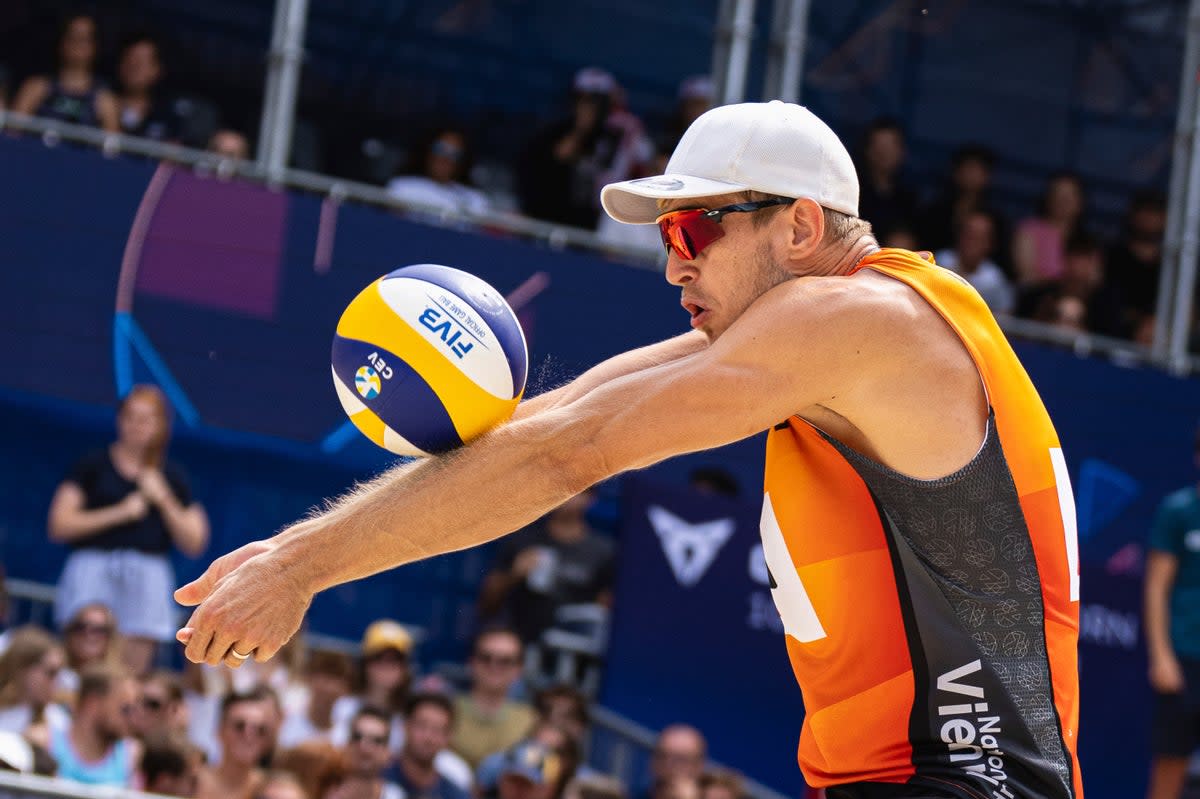Voices: Paula Radcliffe shouldn’t have wished the Olympic rapist luck – but I’m not surprised she did

- Oops!Something went wrong.Please try again later.
On Wednesday, BBC pundit and former marathon world champion Paula Radcliffe was being interviewed on LBC when she was asked whether Steven van de Velde should be allowed to compete in the Olympics despite being a convicted rapist. The Dutch volleyball athlete, now 29, was sentenced to four years in prison in 2016 for three counts of rape against a 12-year-old British girl. Van de Velde met the victim on Facebook and travelled to the UK to meet her at an address in Milton Keynes.
This month, he will compete in the Olympics on behalf of his country, with the Dutch Olympic Committee (NOC) stating that his return would be happening “following a specialist treatment program”. The statement continued: “Van de Velde has fully engaged with all requirements and has met all the stringent risk assessment thresholds, checks and due diligence. Experts have stated that there is no risk of recidivism.
“Van de Velde has consistently remained transparent about the case which he refers to as the most significant misstep of his life. He deeply regrets the consequences of his actions for those involved.”
When asked about it, Radcliffe replied that it was a “tough thing to punish him twice” adding that she “wished him the best of luck” before drawing comparisons with athletes using drug enhancements who are given second chances. The comments prompted outrage and the 50-year-old has since apologised, writing on Twitter/X: “I am ashamed that my words so inaccurately represented myself. It was a mistake not to clearly denounce this at the beginning.”
She added: “In trying to explain how the athlete in question could possibly be allowed to compete at the Olympic Games, my thought process referred to the legalities and regulations when I also intended to highlight the danger of these allowing an athlete convicted of such a crime to return.” Radcliffe went on to say that she “absolutely should not have wished him luck and genuinely [have] no explanation for why [I] said that”.
It’s a noble apology – a sincere one that we seldom see in similar scenarios. But Radcliffe’s initial comments, and the fact that this was her default response, highlight a serious problem with the way society has normalised sexual assault. Looking at the legalities of it all – fewer than three in 100 reported rapes resulted in a charge in the past year – and the fact that, in 2020, the victims’ commissioner said we were witnessing “the decriminalisation of rape”, it’s not hard to see where Radcliffe’s remarks came from.
We live in a world where rape simply isn’t taken seriously. Not by lawmakers (why else would almost 70 per cent of victims drop out of the investigation process midway through?) and not by the general public either. This is not just the case in the UK, of course – there are a litany of men in the public eye who’ve been accused of sexual assault, and whose careers have gone on to flourish. If that sounds at all overblown to you, consider the fact that Donald Trump is literally running for president despite being found liable for sexual abuse in a civil court, following an attack on advice columnist E Jean Carroll in 1996.
It’s hard to know how things get better from here: as women’s rights advocate Charlotte Proudman highlighted, if rapists can do something as high profile and important as compete in the Olympics – and our default response is to defend their ability to do so – how is anyone meant to take rape seriously as a crime? More importantly, what kind of message does it send to the survivors whose lives will have been forever changed by the trauma of what happened to them? Do their lives even matter?
In all honesty, right now, it doesn’t feel like they do. All we can do is hope that changes soon.

